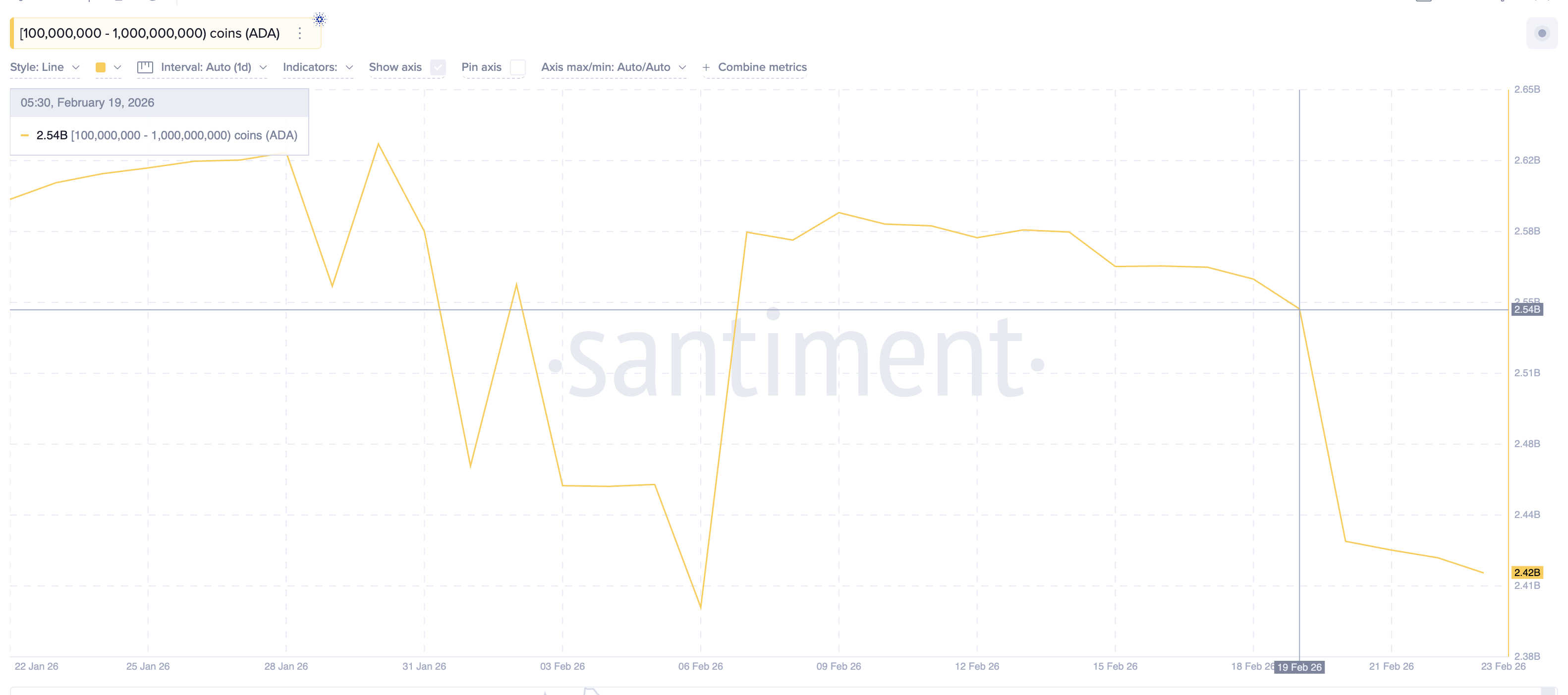The Regulatory Challenges of Cryptocurrency Gambling
We describe regulatory problems associated with the nature of crypto money. Learn about successful examples of control over virtual money from global practice.

Since the opening of the first Bitcoin casino, crypto has been firmly established as a fast and promising payment method. Using BTC, ETH, XRP, and other digital currencies, gamblers may enjoy multiple advantages listed below.
- Cryptocurrency transactions. When playing, for example, online pokies, gamblers may use Litecoin, Bitcoin, Ripple, Tether, Ethereum, and other tokens to fund their accounts or withdraw winnings without using standard banking systems.
- Anonymity and confidentiality. To register on the site and play for real money, players do not have to use their real full names, which allows them to hide their online gambling activity.
- Handy and quick transactions. Since no intermediaries verify and approve transactions, the waiting time for money to be credited to your account or sent to an e-wallet is significantly reduced. This also includes minimal fees, which is beneficial for many online pokies players.
- Global accessibility. Such casinos are available anywhere, under the condition of stable Internet access.
At the same time, this raised questions regarding the regulation of this area since the very concept of cryptocurrency excludes external interference from third parties in the form of government agencies, financial institutions, and so on.
(Source - Freepik)
Top Crypto Gambling Regulatory Issues
In the process of searching for the optimal balance of cryptocurrency regulation, many problems arise. However, the main one concerns classifying cryptocurrencies within the existing legal framework. The decentralized nature of virtual money is a real challenge to traditional financial definitions, requiring adaptation to existing rules or the creation of new frameworks. Another problem is anonymity. While it is one of the advantages that gamblers enjoy, it is also a handy way to launder money and finance illegal activities.
Status of Crypto Casinos
At traditional online casinos, you face strict rules regarding different aspects, including the following:
- Compliance with the bonuses’ T&Cs;
- Timely payouts;
- The adequacy of transaction fees, and so on.
As for the crypto casinos with slots for real money, they remain completely unregulated. Since all virtual currencies are decentralized, it is difficult for government agencies to monitor transactions and activity on these platforms. Decentralization significantly reduces the cost of processing transactions using a proof-of-work (PoW) or proof-of-stake (PoS) algorithm.
On the other hand, this often leads to theft of funds, money laundering, and unethical gaming activities on unscrupulous sites. According to statistics provided by the Canadian Gaming Association, in 2022, online gambling brought about $2.3 billion to the country’s budget. However, due to the impossibility of regulation, it is unclear what part of this amount was brought in by crypto casinos.
Security issues
Hackers often use loopholes in sites’ security systems to access users’ personal or financial information and steal money.
According to the CipherTrace Cryptocurrency Crime and Anti-Money Laundering Report, the volume of cryptocurrency stolen from individual wallets was approximately $1.9 billion in 2022. Of course, a casino can use the services of independent auditors, but it costs money, and not all crypto sites agree to this.
Transparency Problems
Crypto casinos often do not provide information about the details of their work, cash flows, principles of running games, and so on. Without this, it is difficult for customers to believe they are being treated fairly.
In 2022, the UK Gambling Commission found that the problem of regulating virtual money has led to crypto becoming one of the key methods of money laundering and fraud. In addition, incidents of asset theft and personal data leakage threaten the reputation of the gambling industry as a whole.
(Source - Freepik)
Money Laundering and Illegal Activities
One of the main factors that regulatory authorities pay attention to when inspecting traditional casinos is money laundering and illegal activities, such as sponsoring terrorism. In the case of crypto casinos, this is not possible due to their anonymity and the lack of 2 key protocols:
- Know Your Customer (KYC);
- Anti-Money Laundering (AML).
There are many examples of such incidents, including the case of BTC-e, which laundered more than $4 billion for criminal enterprises. It is also known that the darknet market AlphaBay once used crypto casinos to launder more than $17 million in illegal proceeds.
Addiction and Impulsive Behavior
In general, the problem of addiction is acute in the modern gambling industry. Regulatory authorities carefully check fiat casinos for sections that clearly describe all the risks of irresponsible gambling and provide links to authoritative services to help vulnerable players.
Auditors also check the ability to activate the self-exclusion system, set deposit limits, and so on. In the case of crypto casinos, the risks associated with uncontrolled gambling increase significantly. This leads to both psychological and financial problems for vulnerable people. According to the Canadian Center on Substance Abuse and Addiction, online gambling is associated with higher rates of depression, substance abuse, and anxiety.
(Source - Freepik)
How Governments Adapt to the New Crypto Gambling Era
The development of decentralized currency is part of global technological trends that have already changed many industries, including gambling. Attempts to resist or slow them down are frankly irrational and even harmful from the point of view of progress.
Realizing this, the most progressive countries in the world are trying to adapt to new conditions and are developing approaches to control the use of virtual money. For example, the Japanese House of Representatives has passed several new laws regulating crypto assets. They aim to monitor all cryptocurrency transactions taking place in the country closely. The main motivation in this case is taxation.
As for the EU, experts created a set of rules called MiCA. It aims at closing existing gaps in EU legislation on financial services. It clearly outlines the rules for different types of crypto assets, including e-money tokens, asset reference tokens, and utility tokens.
Less aggressive regulatory measures have been introduced in the UK, where crypto casinos must comply with the rules and regulations faced by regular online casinos. The UK Gambling Commission has compiled a list of key risks associated with cryptocurrencies and measures to prevent them.
Delegate Your Voting Power to FEED DRep in Cardano Governance.
DRep ID: drep12ukt4ctzmtf6l5rj76cddgf3dvuy0lfz7uky08jfvgr9ugaapz4 | We are driven to register as a DRep by our deep dedication to the Cardano ecosystem and our aspiration to take an active role in its development, ensuring that its progress stays true to the principles of decentralization, security, and community empowerment.DELEGATE VOTING POWER!






